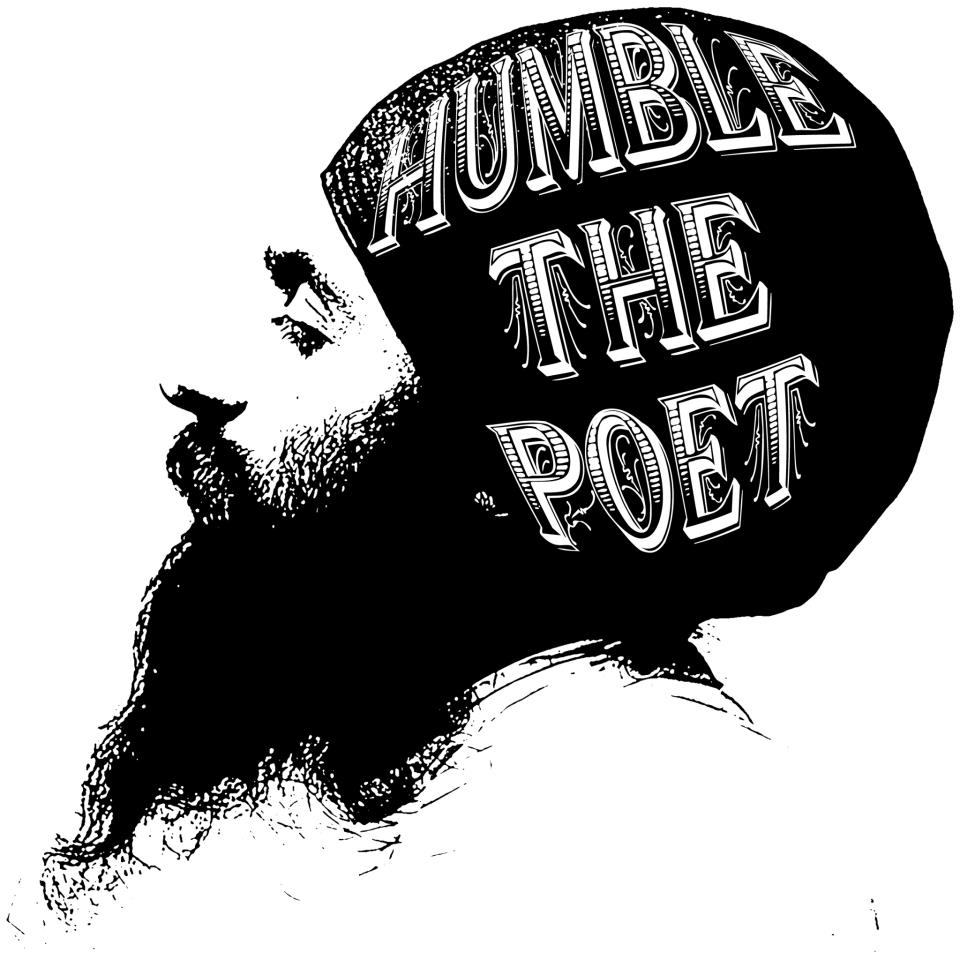The first book of poems I ever owned was Tupac’s ‘The Rose that Grew from the Concrete’. It was real simple, emotional poems he wrote when he was about 19. The rhyme schemes weren’t complicated, but you felt it, your really fuckin felt it. That’s what Tupac was… emotion, feeling, life. In the heavy catalog of Tupac Shakur there aren’t consistent metaphors, even less similes, but there is more emotion in one album then we’ve probably seen in Hip Hop in the 15 years since his departure. There was also a key element of KOS (Knowledge of Self) that so few MC’s possess that came through in everything he said. I don’t argue that he was a walking contradiction, that’s what makes him so human and relatable; that’s the one thing so few public figures allow themselves to be these days, trapping themselves in reputations and personae that beg for TMZ/WorldStar Moments.
Tupac did not see the world the way his counterparts did, he had a work ethic that was second to none; it was a work ethic not motivated by money or success, but by an understanding that ‘tomorrow isn’t promised’. Tupac didn’t view his fans as consumers, he viewed them as constituents, he urged self empowerment and told people to get off ‘Malcolm X & Michael Jordan’s dick’ and not share in their successes, but rather, see their success as motivation to become the exceptional beings they were meant to be. Every mistake he acknowledged, every change in world-view points he had was a declaration that ‘I’m now wiser than I was yesterday’. He wasn’t afraid to be wrong, and embraced his personal weaknesses as elements of his uniqueness, and allowed the world to watch him evolve and grow. That front seat ticket is the very reason it’s so heart wrenching to know he left this earth at 25, because we could debate for years what impact he would have continued to have on Music and Culture as a whole. In addition to being a figure of social change, he was an accomplished actor, and had millions of albums sold before he died, a great example of being yourself and still being successful.
Most recently the lessons I’ve personally taken from Tupac deal with how he viewed relationships with women. After prison he came out with a internal view on why dudes find the need to have so many women in their lives, and how it really stems from an insecurity and need for validation. I’m currently exploring that idea and will get back to y’all, but no lifestyle changes have been mad as of yet ;P
Voice for the Voiceless was my effort to talk to my peoples without sounding like an after-school special, because the second you get preachy is the second you disconnect. Tupac connected, sometimes more than he probably intended. As a participant in this culture known as Hip Hop, for me Tupac Shakur is a great example how this art form can immortalize and shape a people, and I’m excited for artist like Kendrick Lamar, who have taken that burden and Mr. Crooks name to keep Hip Hop in the forefront of thought and literary Art.
I leave y’all with one of my favorite Tupac quotes:
“You can spend minutes, hours, days, weeks, or even months over analyzing a situation; trying to put the pieces together, justifying what could’ve, would’ve happened..or you can just leave the pieces on the floor and move the f*ck on “
— Tupac Amaru Shakur aka 2Pac aka Makaveli aka MC New York aka Lesane Parish Crooks

